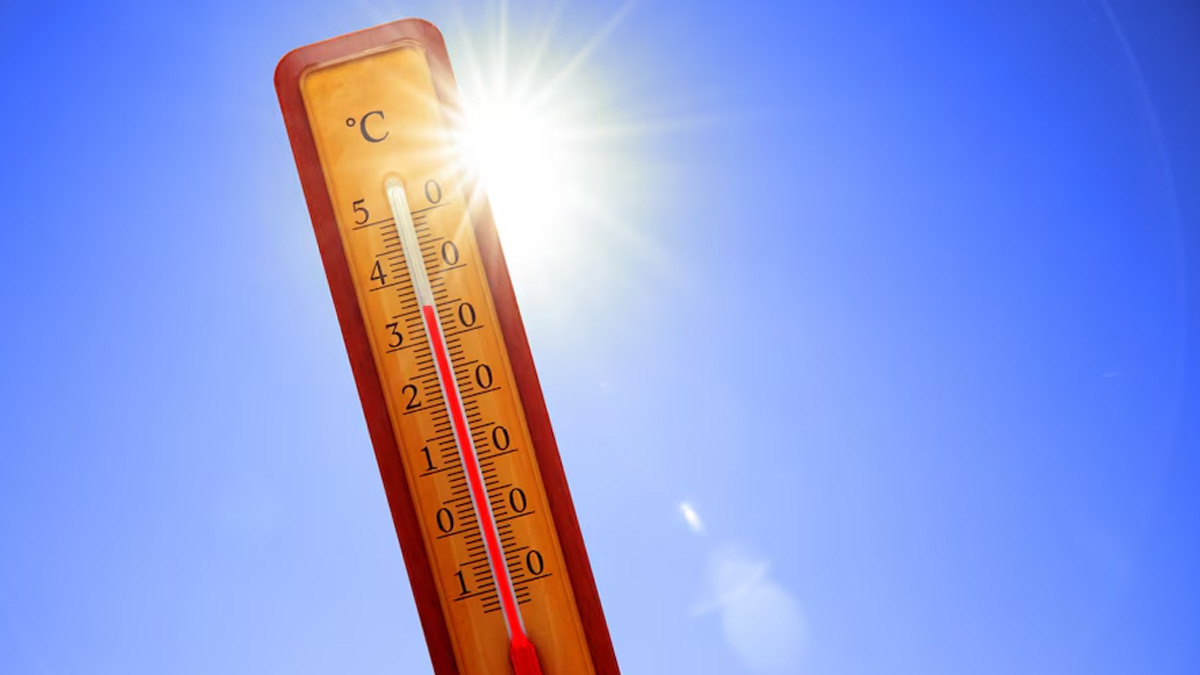
As the temperature climbs, so does the risk of fainting. Fainting, also known as syncope, is a temporary loss of consciousness typically caused by a temporary drop in blood flow to the brain. While it can happen at any time of year, it’s more common in hotter weather due to dehydration, overheating, and other factors. To help you stay upright and healthy when the mercury rises, here are some tips to avoid fainting in rising temperatures.
Table of Content:-
Stay Hydrated

One of the most important steps you can take to avoid fainting in hot weather is to stay hydrated. When you’re dehydrated, your blood volume decreases, making it harder for your heart to pump blood to your brain. This can lead to lightheadedness and fainting. Drink plenty of water throughout the day, especially if you’re going to be outside in the heat.
Avoid Strenuous Activity During the Hottest Parts of the Day
The sun is usually at its strongest between 10 a.m. and 4 p.m. If possible, avoid strenuous activity during these hours. If you need to be active outside, take frequent breaks in the shade, and listen to your body. If you start to feel dizzy or lightheaded, stop what you’re doing and rest.
Also read: Battling the Summer Flu: 6 Home Remedies for Constant Sneezing
Wear Loose, Light-coloured Clothing

Dark, tight clothing can trap heat and make you more likely to overheat. Opt for loose, light-colored clothing instead. Light colors reflect the sun’s rays, helping to keep you cool. Loose clothing allows air to circulate around your body, which can also help prevent overheating.
Take It Easy
Hot weather can be exhausting, so listen to your body and take it easy. If you start to feel overheated or lightheaded, find a cool place to rest and drink some water. Avoid alcohol and caffeine, as they can dehydrate you further.
Use Fans or Air Conditioning
Fans and air conditioning can help keep you cool in hot weather. If you don’t have air conditioning, consider visiting a public place that does, such as a shopping mall or library. If you’re outside, try to find shade or create your own shade with an umbrella or canopy.

Eat Regular Meals
Skipping meals can lead to low blood sugar, which can increase your risk of fainting. Eat regular, balanced meals to keep your blood sugar levels stable. Include plenty of fruits and vegetables in your diet, as they contain water and can help keep you hydrated.
Also read: 7 Essential Summer Ingredients for Better Health and Wellness You Need In Your Pantry
Be Mindful of Medications
Some medications can increase your risk of fainting in hot weather. If you take medication regularly, talk to your doctor about whether it could affect your ability to tolerate heat. If possible, avoid going out in extreme heat, or take extra precautions to stay cool.
Know the Signs
Finally, it’s important to know the signs of fainting so you can take action if it happens to you or someone else. Symptoms can include lightheadedness, dizziness, nausea, and feeling hot or sweaty. If you start to feel faint, lie down with your legs elevated or sit with your head between your knees. If you see someone else faint, help them lie down and elevate their legs, and call for medical help if needed.
By following these tips, you can help avoid fainting in rising temperatures and stay safe and healthy all summer long. Remember to stay hydrated, wear appropriate clothing, and listen to your body. If you take care of yourself, you can enjoy the summer weather without fear of fainting.
Also watch this video
How we keep this article up to date:
We work with experts and keep a close eye on the latest in health and wellness. Whenever there is a new research or helpful information, we update our articles with accurate and useful advice.
Current Version
